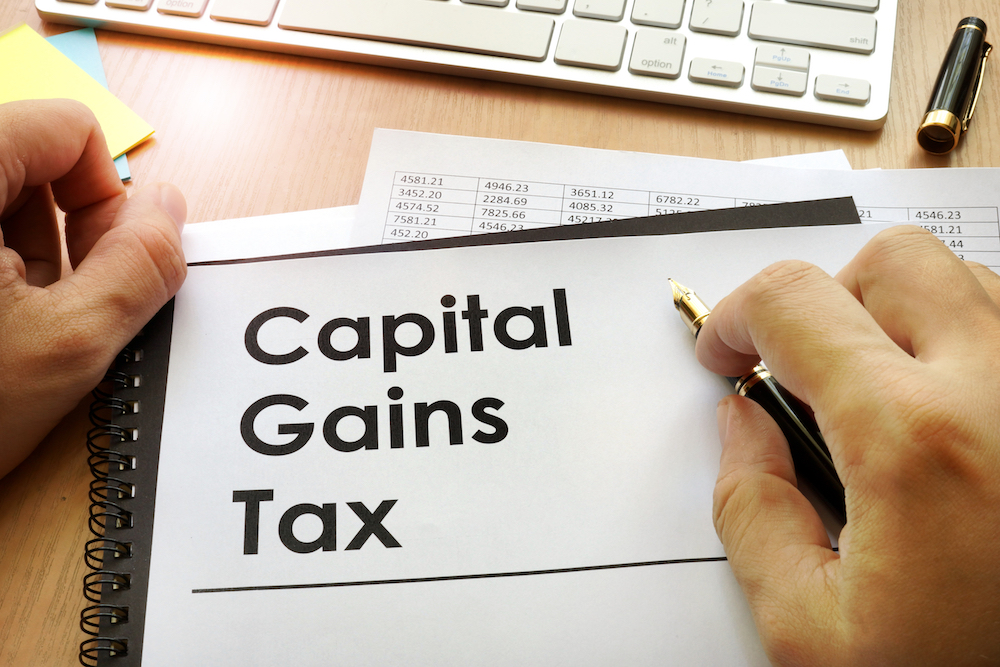First and foremost, it is important to note that we are not tax professionals and are not providing any tax or legal advice. Now that we have that disclaimer out of the way, let’s talk money and taxes…
Given the long-term nature of real estate, the majority of properties will appreciate given adequate time. Therefore, don’t be surprised if you find yourself making some money when selling. But you also don’t want to forget about Uncle Sam! As anyone who has received a paycheck knows, earning income and paying taxes go hand-in-hand; so if you stand to profit from selling your home then it’s important to know if you may be subject to capital gains tax.

What is Capital Gains Tax?
In its simplest form, capital gains tax is the tax levied on your profit that you make from the sale of your property or investment. There are a variety of factors that can affect capital gains.
Length of Ownership
There are two rates for the capital gains tax: short-term and long-term. If you’ve owned your home for less than one year, those earnings may be subject to the short-term capital gains tax which is typically at your regular income tax bracket— this is common when someone “flips” a home for a profit.
If you’ve owned your property for more than a year, your earnings may be subject to the long-term capital gains tax instead. These rates tend to be much lower than the short-term rate.
Amount of Profit
Believe it or not, the actual cost of the real estate does not matter, because what is actually important is how much you profit from the sale. For example, a house purchased for $800,000 and sold for the same amount could have no tax, while a house purchased for $200,000 and sold for $300,000 could be taxed on the $100,000 profit.
Amount Invested Into Your Home
Did you renovate the bathroom, add a room addition, or replace the old shag carpet since you’ve owned the home? It’s always smart to keep a detailed list of the improvements and provide to your CPA during tax season as the money you put into a home could help reduce your overall tax liability.
Just think, if you made significant improvements then there is a good chance you have inherently increased the value of the home when going to sell. Keeping these records could close the gap between what you paid for the house and its selling price—meaning you would pay less in taxes.
Income and Marital Status
Capital gains tax isn’t applicable unless you make a certain amount of income, and the rate you pay increases as your income increases. This amount can change depending on whether you’re single, married and filing jointly, or married and filing separately.
For 2018, a single person’s long-term capital gains rate is 0% if they make $38,600 a year or less. But for married people filing jointly, the 0% goes up to $77,200 in annual income.
If that single person brings in between $38,601 and $425,800, they’ll pay a long-term capital gains rate of 15%. The married couple’s 15% will qualify when their income is between $77,201 and $479,000. If either category of people makes more than those income levels, their rate would increase to 20%.
Is This Your Primary Residence?
If your home is your primary residence then you could get a BIG capital gains break. Uncle Sam likes to reward those that partake in homeownership. As of the publish date of this article, if you lived in your home for two out of the past five years then you could exclude sales income up to $250,000 if you’re single and up to $500,000 if you’re married filing jointly. You will actually have to answer this question via an IRS form at the closing table.
Keep in mind, this is only on your primary residence, so if you’re selling a second home or vacation rental, then you won’t qualify for this exemption. Instead, you’ll be subject to the regular capital gains tax depending on how long you owned the property.
Are You a Real Estate Investor?
If you like to renovate and sell homes quickly for a profit, better known as “flipping,” then the profit from your sales is typically taxed as ordinary income. It important to know this when flipping homes because you don’t want to be surprised when Uncle Sam takes a huge chunk of that profit you were anticipating!
Keep in mind as we said before, if you hold the property for over a year then the tax burden is reduced; therefore, those that invest in rental properties typically have a lower tax liability if there is a profit from selling after holding the property for a period of time. A popular strategy that investors can use to defer taxes when selling their rental properties is what’s commonly known as a “1031 tax exchange.” That is another topic unto itself, but just know there are tax strategies available to help save you money! For more ways to save money, check out our blog on how you cut down Mortgage payments.
While taxes never sound fun, I would much rather be paying taxes on my profit than having to bring money to the closing table because I owe more on my home than what it is worth. Be thankful when you get to pay those hard earned tax dollars! As always, please seek tax and legal advice on these matters.
Your current home that you’re trying to sell or your dream house you’re hoping to buy is more than wood and walls. When you’re ready for professional real estate advice, contact us!


